Benoquin, a name many associates mainly with treating vitiligo, has created a niche in the pharmaceutical world. Its role in managing this chronic skin condition is undisputed. Yet, the scope goes beyond vitiligo. It’s time we delve into the applications of Benoquin that aren’t tied to this well-known condition.
Monobenzone, the active ingredient in Benoquin, serves as a depigmenting agent. It works by causing a chemical reaction that decreases the amount of melanin, or pigment, in the skin. Naturally, this function leads to its use in vitiligo treatment, a condition characterized by loss of skin color in patches.
When considering the usage of Benoquin outside the realm of vitiligo, we must tread carefully. The permanent depigmentation it causes may lead to unpredictable results in the skin without this condition. In fact, its use on skin not affected by vitiligo can result in irreversible and uneven lightening, a consequence often less desirable than the initial condition. As such, dermatologists rarely recommend Benoquin for non-vitiligo-related applications.
Yet, a handful of studies have considered the off-label uses of Benoquin. Some researchers have explored its role in aesthetic dermatology. Mainly in cases where uniform skin lightening is the goal. Yet, the permanence of the change, the risk of uneven skin tones, and an increased chance to sun damage make this a risky proposition.
Benoquin: Is it Effective Without Vitiligo?
You’ve likely heard of Benoquin, a cream that doctors prescribe to people with vitiligo. But what if you don’t have vitiligo? Will this still work?
It contains a substance called monobenzone. This substance reduces melanin, the pigment that gives skin its color. For people with vitiligo, this helps even out the color of their skin.
Now, let’s say you don’t have vitiligo. You might wonder if it can still help you. In truth, using Benoquin without having vitiligo can be a bit tricky.
First, remember that it causes skin lightening. It’s a strong product that can permanently change skin color. If you use it on the skin without vitiligo, it might lighten too much or unevenly. This can leave your skin looking patchy or too pale.
Second, using Benoquin can make your skin more sensitive to the sun. This means you might burn more easily, or you could even increase your risk of skin cancer.
Some people might still consider using Benoquin for other reasons, like to lighten their skin tone. However, due to the risks, it’s not generally advised.
Thus, while Benoquin effectively treats vitiligo, it’s not recommended for people without this condition. It’s always best to talk to a medic before using any new creams.
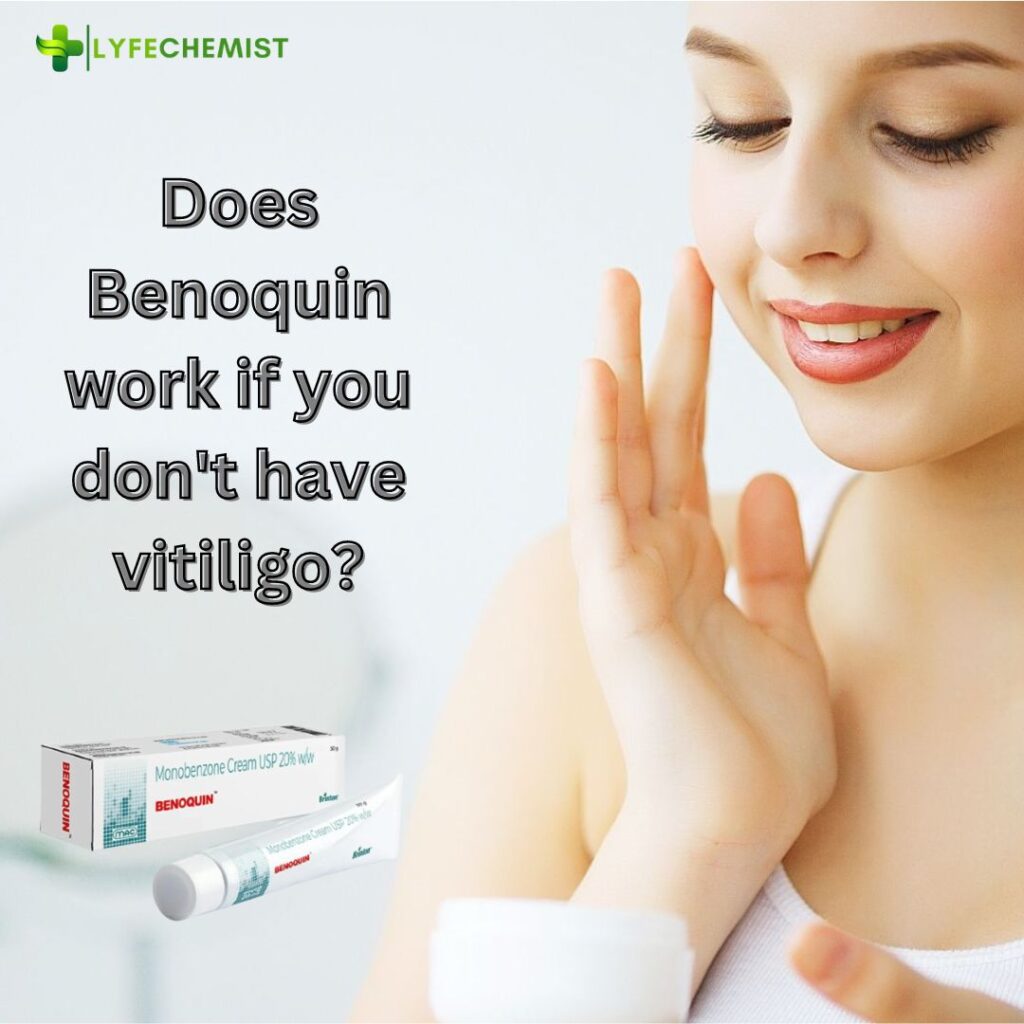
Your skin, the body’s largest organ, serves as a mirror reflecting your health. It reacts not just to the creams and serums you apply, but also to the lifestyle choices you make every day.
Diet
It plays a key role in supporting healthy skin. Foods high in antioxidants, like
- Fruits
- Vegetables
- whole grains
fight inflammation and neutralize harmful free radicals. Whereas in taking a lot of processed foods, sugar, and unhealthy fats trigger inflammatory responses. It can also lead to skin issues like
- Acne
- Psoriasis
- Premature aging
Exercise
It benefits your skin in many ways. Regular physical activity boosts circulation and ensures your skin gets the nutrients it needs. Also, sweating clears out your pores and lowers the chances of breakouts. Yet, neglecting post-workout skincare can lead to clogged pores. Thus, make sure to cleanse your skin properly after each sweat session.
Stress
It is another lifestyle factor that can take a toll on your skin. During stress, your body produces more cortisol. It is a hormone that triggers oil glands to overproduce. This can lead to skin issues like acne and other inflammatory conditions. Managing with
- Yoga
- Meditation
- Simple breathing exercises
can help keep cortisol levels in check.
Lack of sleep
It is another skin enemy. During sleep, your skin goes into repair mode, healing damage caused during the day and generating new cells. Skimping on sleep disrupts this process, leading to dull skin, dark circles, and an increase in visible signs of aging.
Tobacco and Alcohol
They have deleterious effects on the skin. Smoking accelerates aging by breaking down collagen. While excessive alcohol intake dehydrates the skin, making it look dull and aged.
In short, your lifestyle choices greatly impact your skin health. Healthy habits like
- a balanced diet
- regular exercise
- stress management
- ample sleep
- avoiding harmful substances like tobacco and alcohol
can help maintain your skin’s vitality and youthfulness.
The Off-Label Uses of Benoquin: An In-depth Exploration
Benoquin, known for its application in vitiligo treatment, has sparked curiosity about its other possible uses. Venturing into an off-label territory, we shed light on these less common applications.
Some hard-to-treat dermatological conditions like Melasma, which causes brown patches on the skin, have seen experimental treatment with Benoquin. The goal is to lighten the hyperpigmented areas. Yet, due to the risk of irreversible depigmentation and uneven skin tone, it’s rarely employed in this context.
Another off-label consideration has been in managing Ochronotic, a rare condition causing bluish-black discoloration of the skin. Its depigmenting properties could theoretically lighten these areas. However, further research is needed to establish the safety and efficacy of this usage.
It has also found some usage in the research related to pigmented cosmetic tattoos. The irreversible depigmentation caused by Benoquin is explored as a solution for unwanted tattoos. Still, the possible adverse effects keep this application limited to the research stage.
Lastly, in the world of film and theater, anecdotal evidence suggests Benoquin is used to achieve specific aesthetic effects. This includes creating unique looks for characters that require alterations in skin color. It’s important to note that this practice isn’t recommended outside professional settings due to long-term skin health risks.
Benoquin, like any prescribed skin cream, can cause some side effects. Yet, not every person using this cream undergoes side effects. But it’s good to know what they could be.
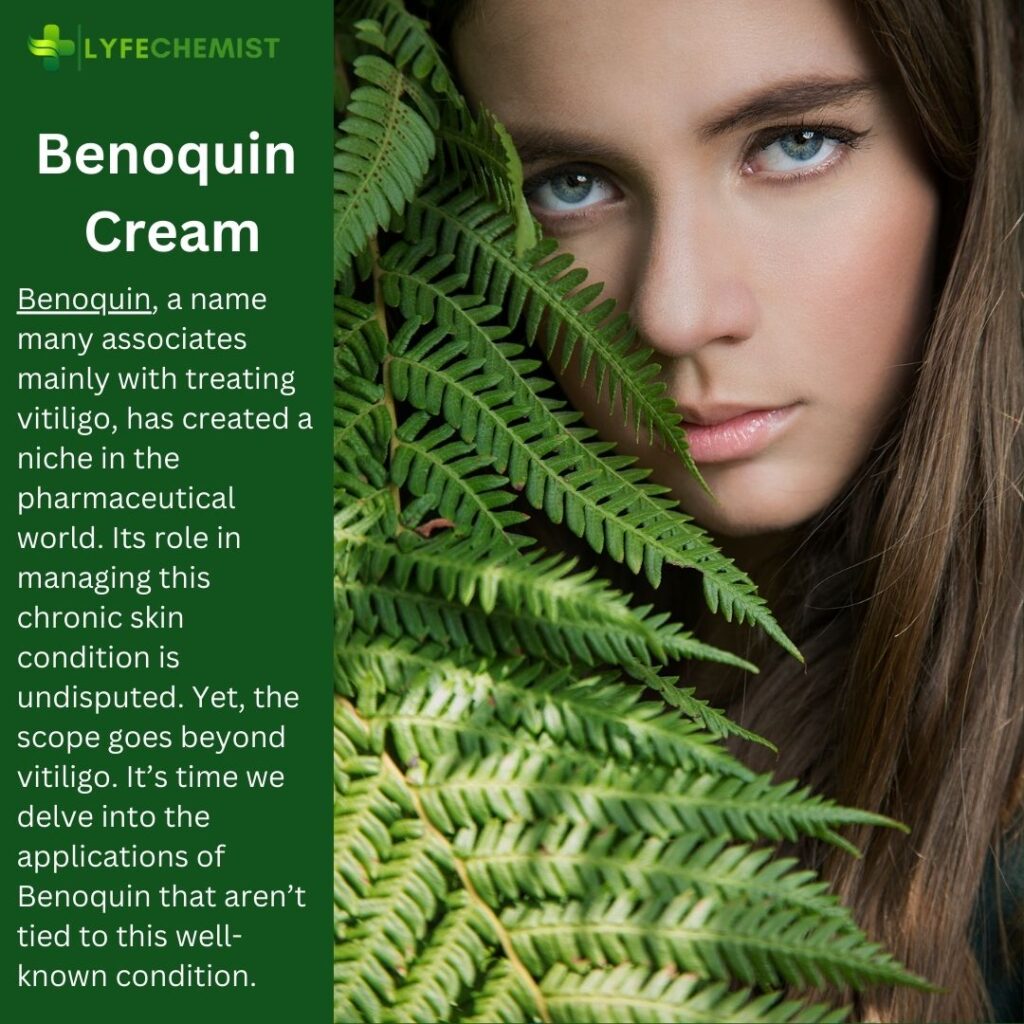
Common side effects
- Redness
- Dryness
- Itching
Uncommon side effects
- Burning sensation
- Irritation
- Hypersensitivity
Rare side effects
- Severe skin irritation
- Swelling
- Difficulty breathing
Remember
If you notice any of these side effects or any other unusual symptoms, consult your medic ASAP. It’s necessary to get professional help to manage these side effects and ensure the safe use of the cream.
Conclusion
The exploration into the off-label uses of Benoquin reveals an array of possible applications, from managing certain dermatological conditions to erasing pigmented tattoos. Yet, the risks and irreversible nature of its depigmentation effects mean these uses often remain within the realm of research and experimentation.
For the management of vitiligo, Benoquin remains an approved and effective solution. Also, using such a potent medicine should always be under the guidance of a skin doctor. If you’re prescribed Benoquin for vitiligo, consider buying it from a reputable online pharmacy like Lyfechemist. Offering a wide range of medicines and health products, this online medical store provides the convenience of doorstep delivery, ensuring you get the prescribed medicine hassle-free and on time.




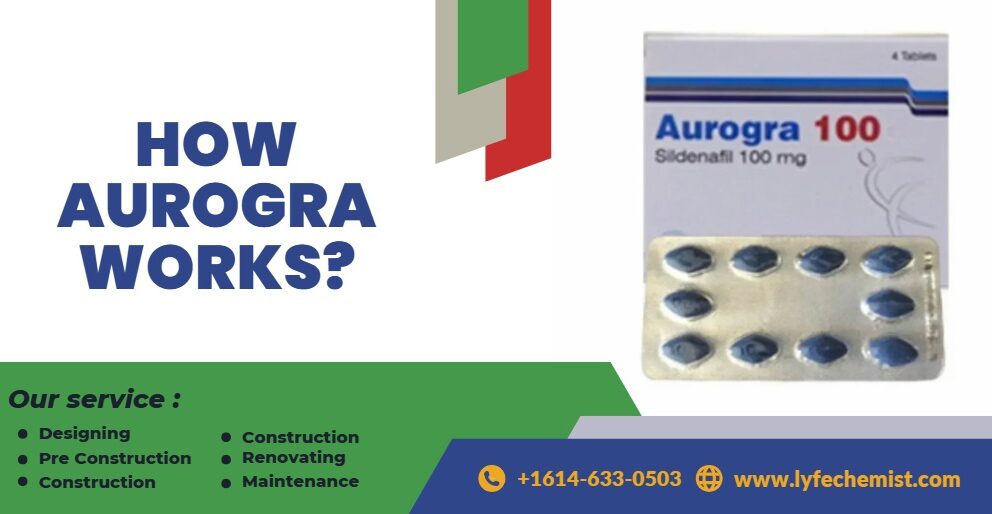
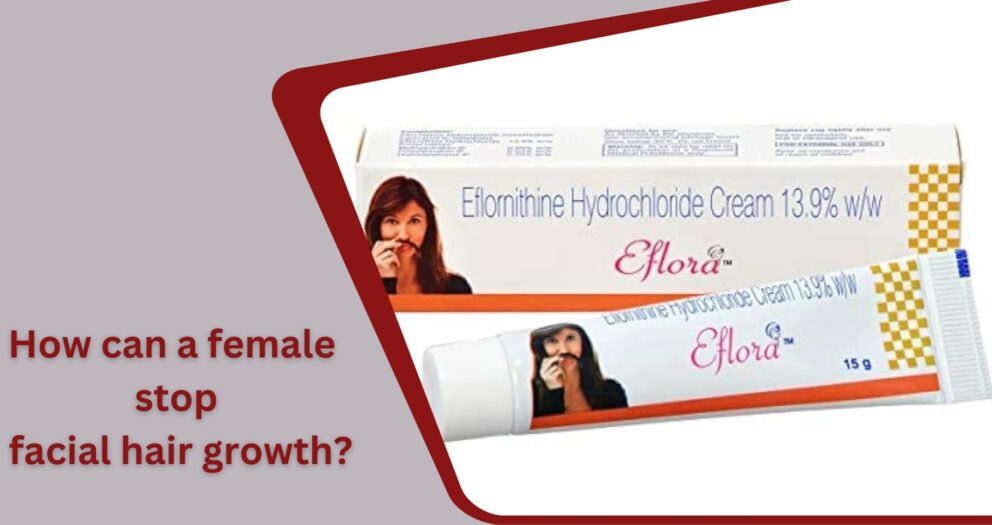
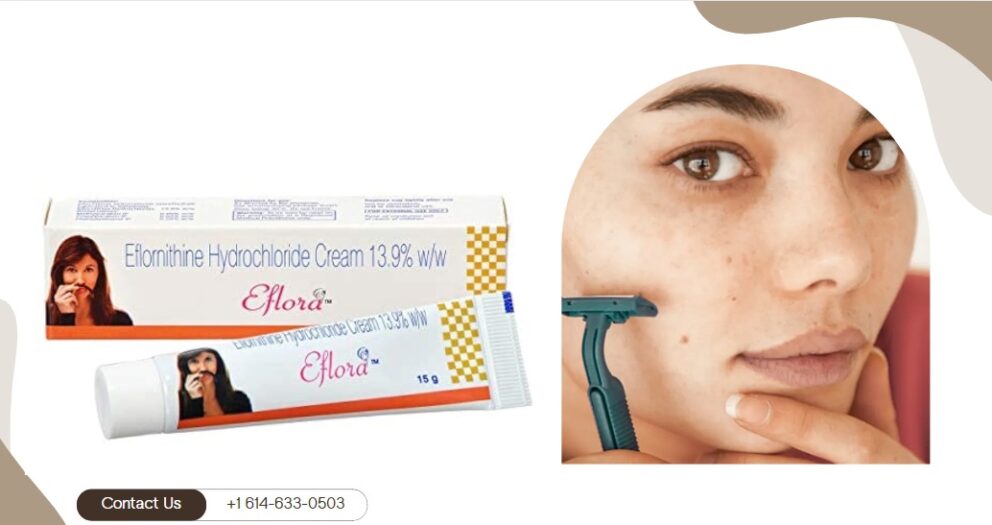
Write a comment
Your email address will not be published. All fields are required